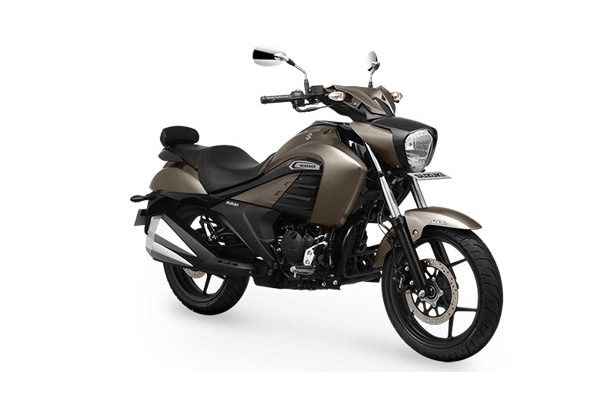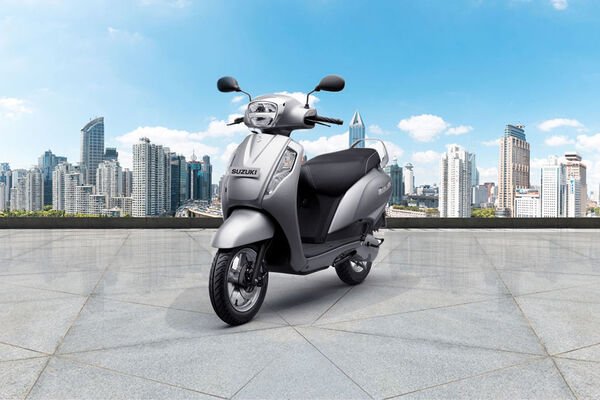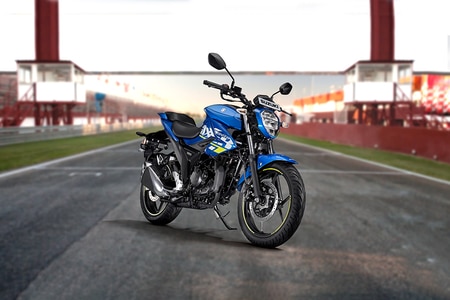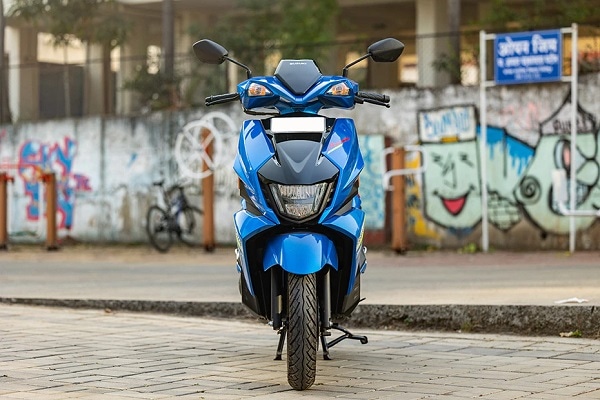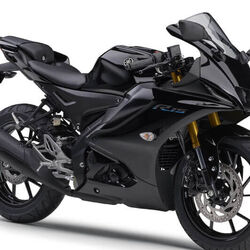Suzuki Hayabusa sales temporarily stopped in India, know why
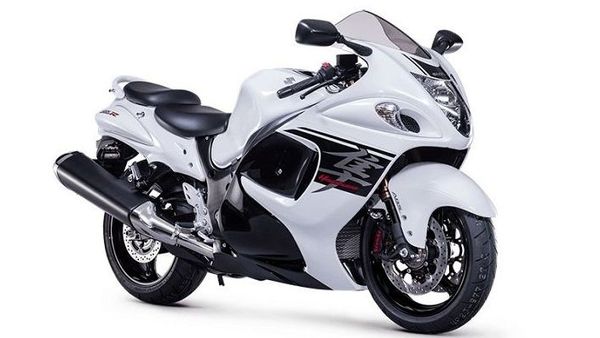

While some media publications have reported that Suzuki has permanently pulled the plugs on the mighty Hayabusa in India, we can confirm that such is not the case. Though, the BS 4 units of the Hayabusa might have been sold out, the company doesn't plan to discontinue the current model, not until the arrival of the next-gen Hayabusa which is set for 2021/2022.
The fact of the matter is that Suzuki will resume its sales as soon as the updated BS 6 model arrives, which might happen anytime in the next few weeks/months. Hayabusa is one of the best-selling superbikes in India and it doesn't make a logical business case for the company to shelve it off due to stricter emission rules.
Also check these Bikes
Also Read: Suzuki Gixxer SF 250 BS 4 available at benefits up to ₹22,000
The Hayabusa has been receiving yearly updates, majority of which have been limited to new paint schemes. In the latest 2020 form, the bike received new colour options and graphics, while the feature package and the engine remained untouched.
At the heart of the Suzuki Hayabusa sits a 1,340 cc, 4-cylinder, liquid-cooled engine which is known to churn out a 197 PS of maximum power which is backed-up by 155 Nm of peak torque. To put this in perspective, it is simply one of the most powerful sportbikes present in the world today. Its only true competition is offered in the form of Kawasaki Ninja ZX-14R which is significantly more costlier than the Busa.
Speaking of the pricing, in the previous BS 4 form, the Hayabusa was priced at ₹13.7 lakh* to ₹13.9 lakh*, which made it an incredible value for money package. In comparison to this, the Ninja ZX-14R is currently priced at ₹19.70 lakh*, which is significantly higher than the Busa. The reason why there is such a huge gap between both the bikes is that the Busa is now a CKD product which is currently being assembled at the Suzuki's Manesar plant. On the other hand, the ZX-14R is a CBU unit.
The present-gen Hayabusa will be replaced by a new-generation model which is under-development and may arrive anytime in the next few years.








 1340.0 cc
1340.0 cc 17 kmpl
17 kmpl
